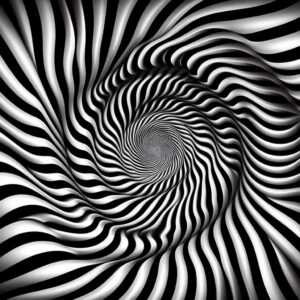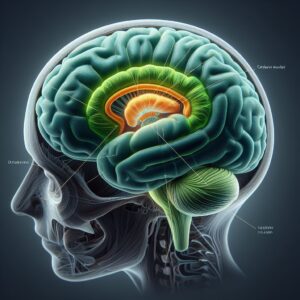Alexander Z
Student
Въпроси
Резюмета
Видеа
Аудио
In which lighting condition is pupillary inequality due to Horner’s syndrome most obvious?
октомври 11, 2024
When should myasthenia gravis be considered in a patient with weakness of eye movements?
октомври 11, 2024
In a patient with unilateral Horner’s syndrome present from birth, what is a possible characteristic of the affected eye?
октомври 11, 2024
Ptosis associated with weakness of orbicularis oculi is most likely due to which of the following conditions?
септември 28, 2024
Which of the following conditions is least likely to cause complete ptosis, where the pupil is covered by the lid?
септември 5, 2024
What is the essential feature of a positive Romberg’s sign?
август 26, 2024
In acute facial weakness, which muscle may be weak for a few days, making it indistinguishable from a lower motor neuron (LMN) weakness?
август 26, 2024
Which of the following symptoms is uncommon in facial nerve lesions?
август 26, 2024
Which of the following statements is true regarding facial nerve palsy after temporal bone fractures?
август 26, 2024
In multiple sclerosis (MS), which type of facial palsy is commonly observed, unlike weakness in other muscle groups?
Which of the following statements is true regarding sensation alterations in Bell’s palsy?
август 26, 2024
In Bell’s palsy, why does the affected eye sometimes brim with tears?
август 26, 2024
Which condition should be suspected when a patient presents with bilateral facial weakness, unblinking expression, and a “horizontal” smile (inability to elevate the angles of the mouth)?
август 26, 2024
What is the purpose of Bell’s phenomenon in assessing facial weakness?
август 26, 2024
In the context of Bell’s palsy, which condition should be considered when a child presents with acute facial weakness and a recognized association with hypertension?
What is an essential consideration when evaluating facial palsy?
август 26, 2024
What is the characteristic feature of pes cavus?
август 24, 2024
When assessing eversion and inversion of the foot, what technique should be used to prevent hip rotation?
август 24, 2024
In a patient with absent ankle jerks, what is an important test to perform due to the possibility of cauda equina lesions?
август 24, 2024
What technique can be used to enhance the ankle jerk reflex if it is not readily elicited by tapping the Achilles tendon?
август 24, 2024
Q 1.36. Cerebral Circulation: An Overview. Examination methods.
март 24, 2024
Q 2.7. Metabolic neuropathies. Diabetic neuropathy.
март 24, 2024

Q 2.15. Myasthenia Gravis (MG). MG vs other neuro-muscular junction disorders. Diagnosis and treatment.
март 22, 2024
Q 2.16. Cerebrovascular diseases. Classification
март 22, 2024
Q 2.23. Spinal Cord Tumors
Q 2.24. Traumatic Brain Injury. Concussion, brain contusion and brain compression. Traumatic cerebral hemorrhage. Late consequences.
Q 2.30. Progressive Muscular Dystrophy (MD)
март 22, 2024
Q 2.35. Neurological Emergencies and Their Management
март 21, 2024
Q 1.16. Higher Cortical Functions: Speech and Aphasia. Alexia, agraphia.
март 21, 2024
Q 1.14. Caudal Group Cranial Nerves: Anatomy and Physiology
март 18, 2024

Q 1.13. Vestibulocochlear nerve: anatomy and physiology. Impairment syndromes.
март 18, 2024
Q 1.11. Trigeminal Nerve: Anatomy, Physiology, and Pathology
март 17, 2024
No videos found
Question 1: Peripheral Nervous System Disorders. Classification. Neuralgia, mononeuritis, plexitis. Treatment.
Radiographic Evaluation of the Cranium
февруари 2, 2024
